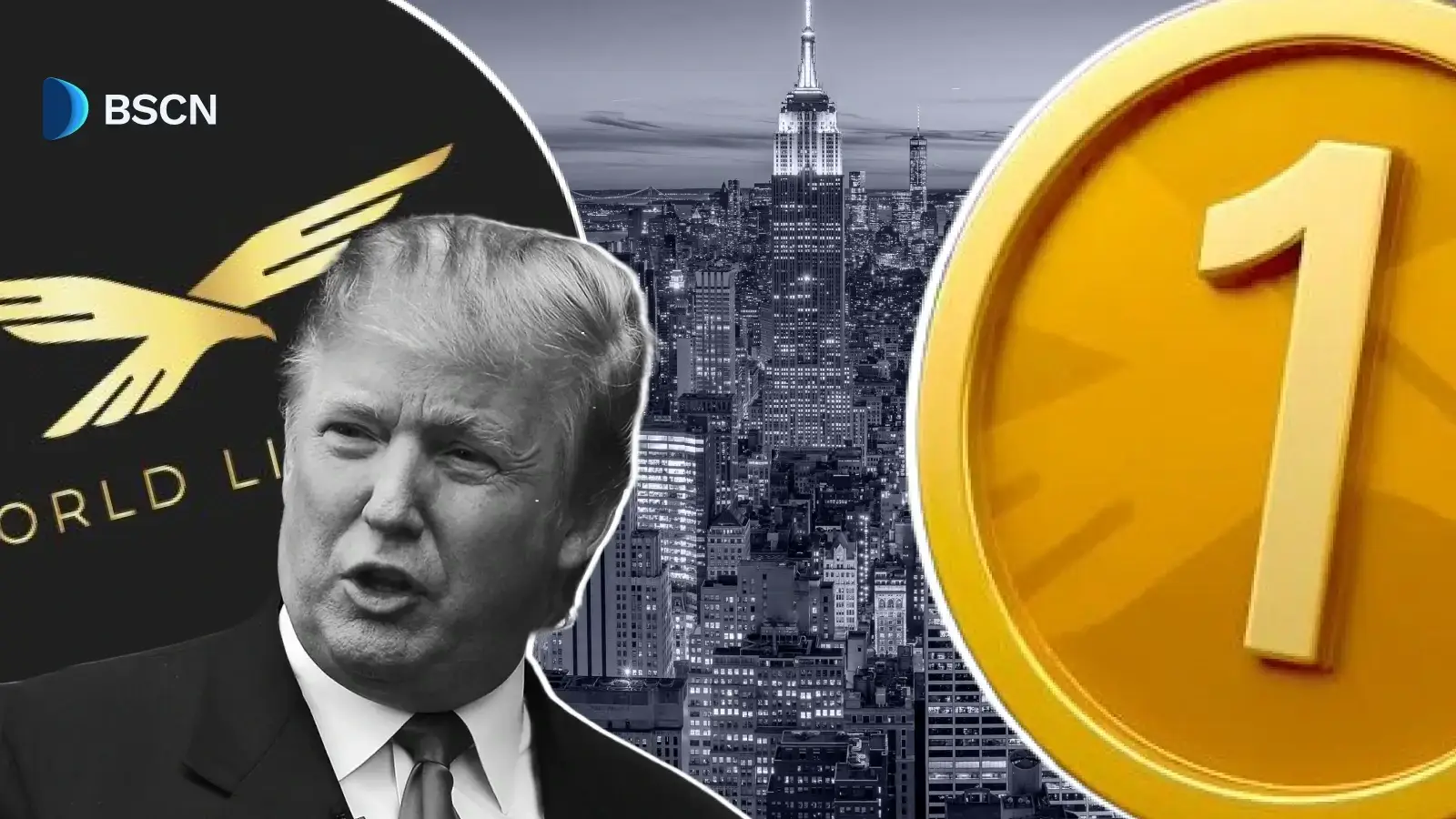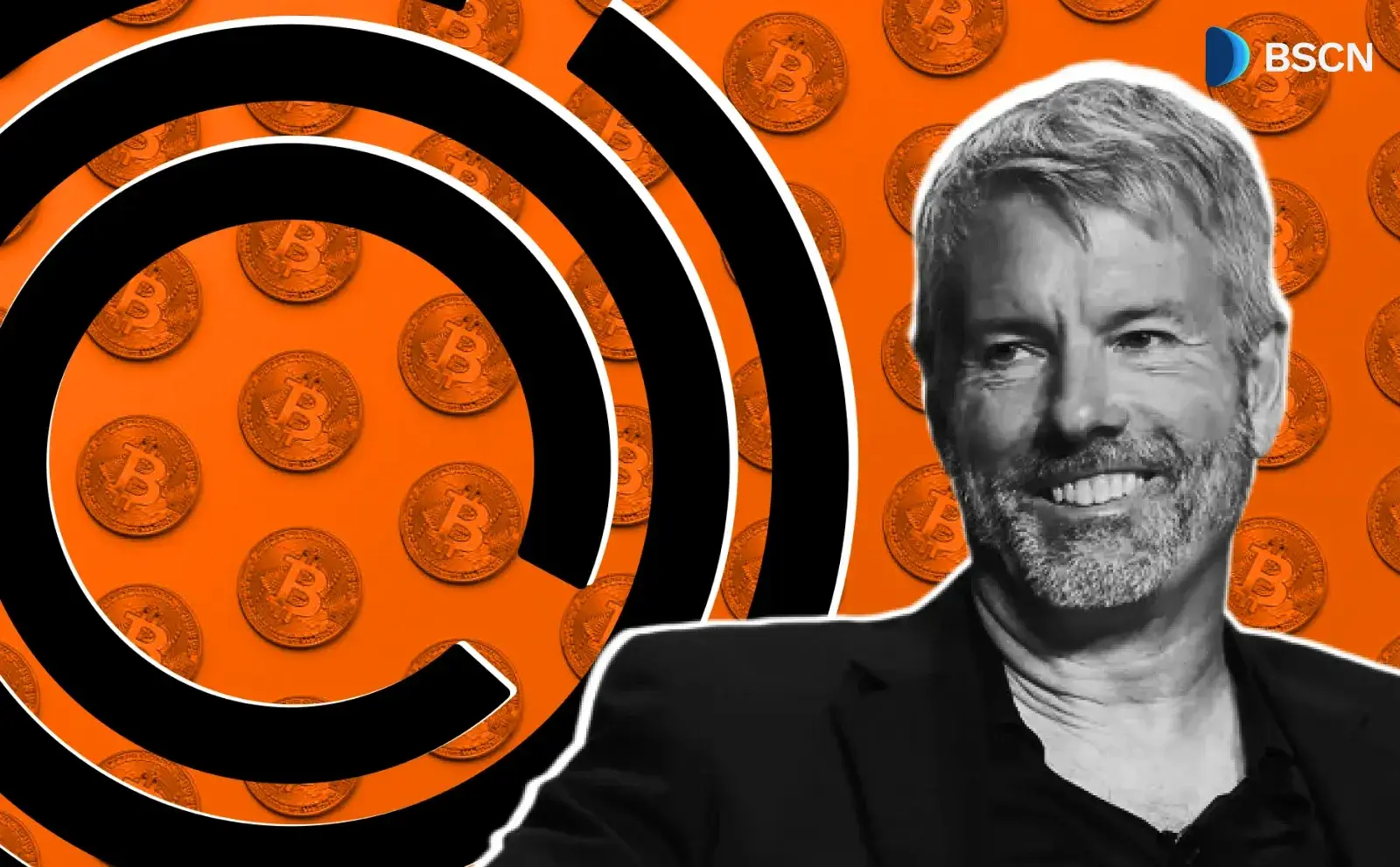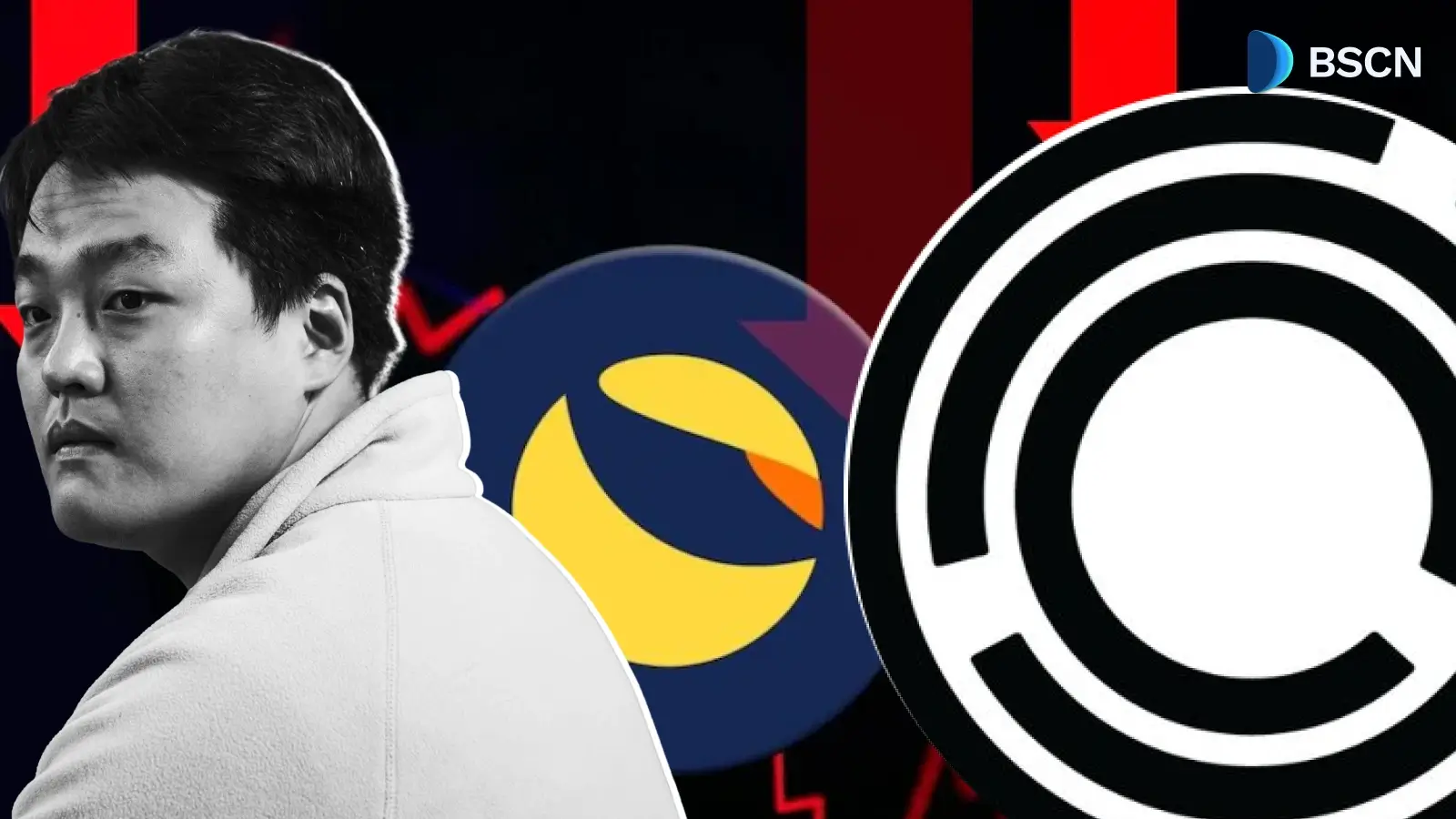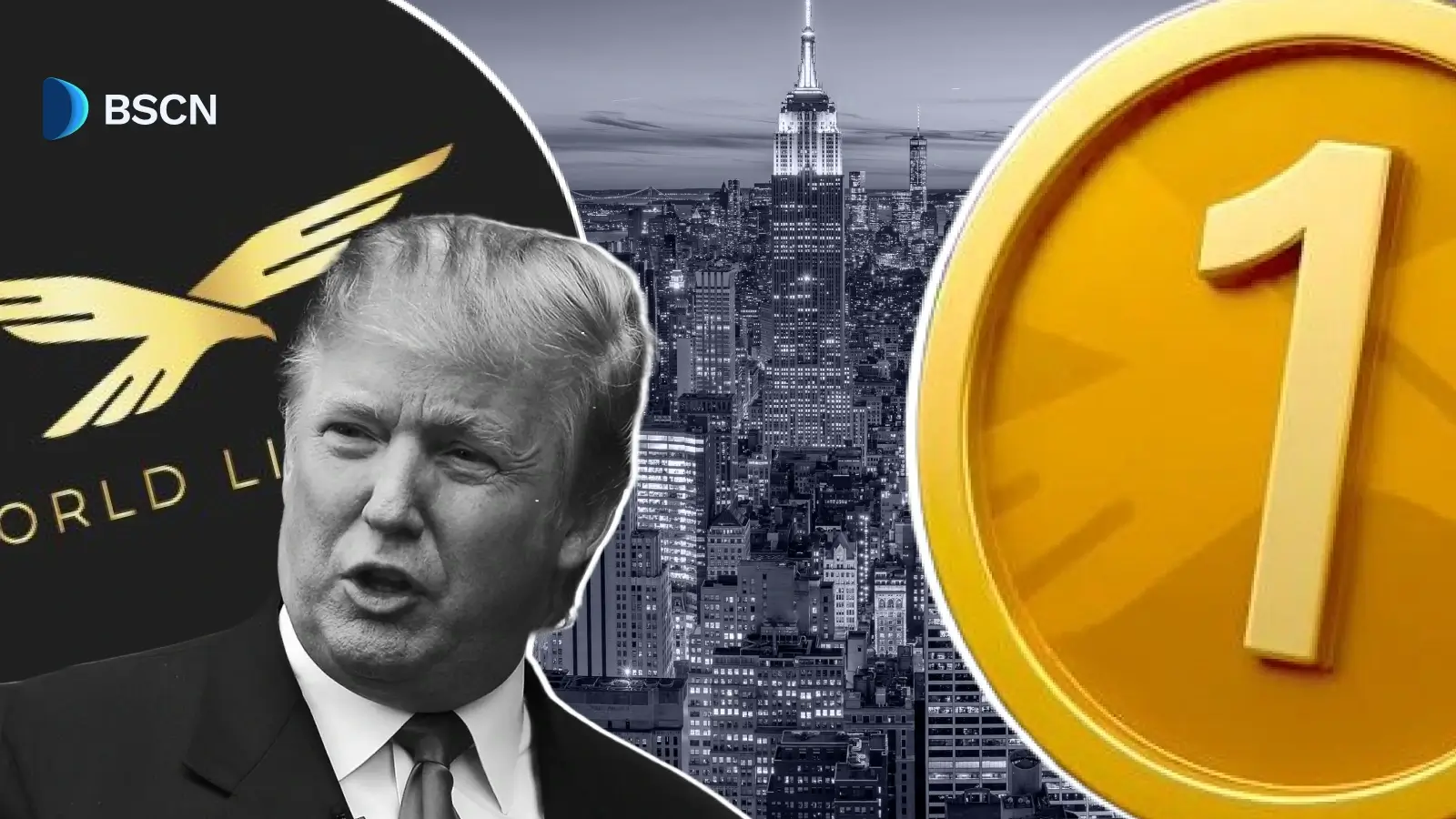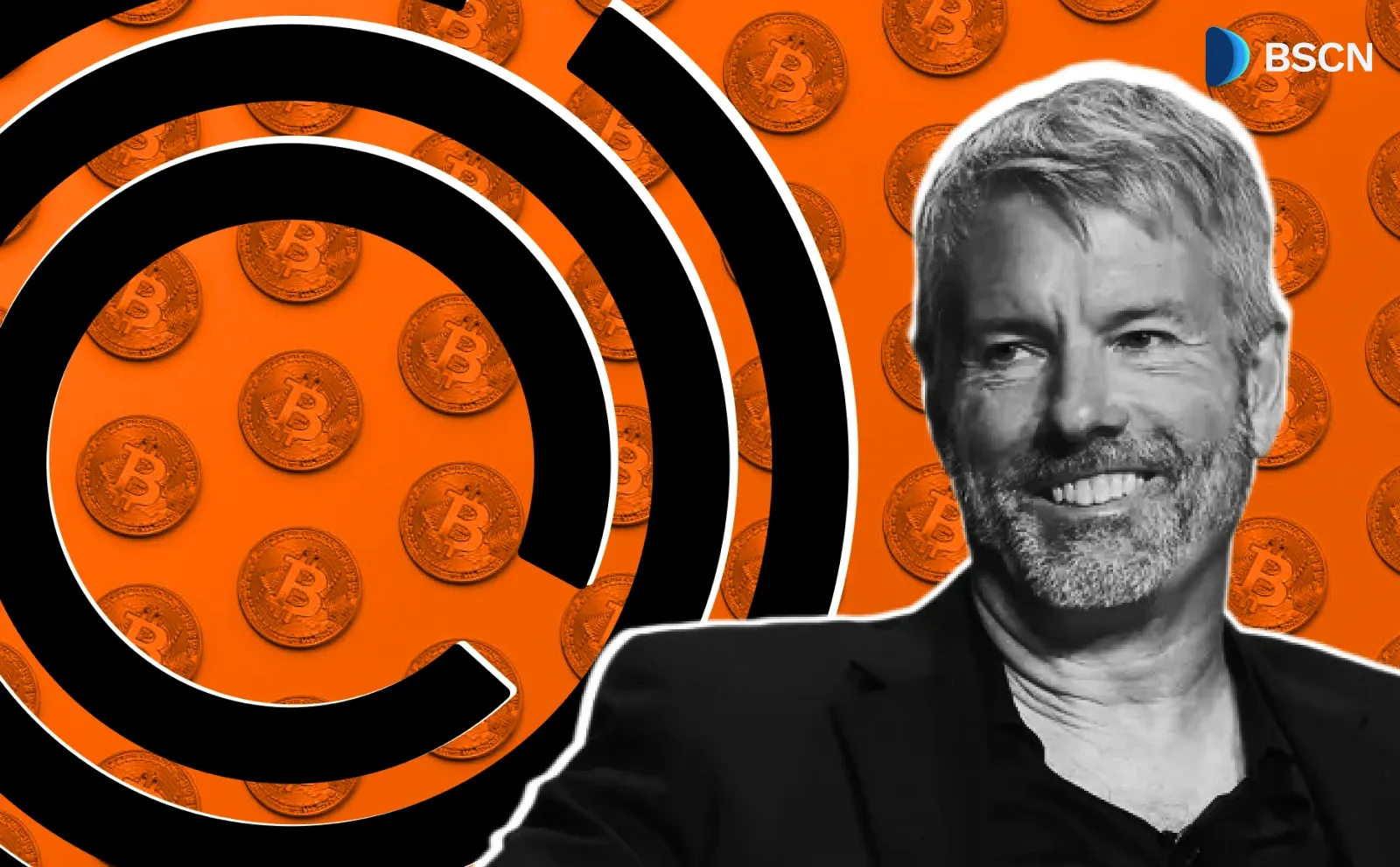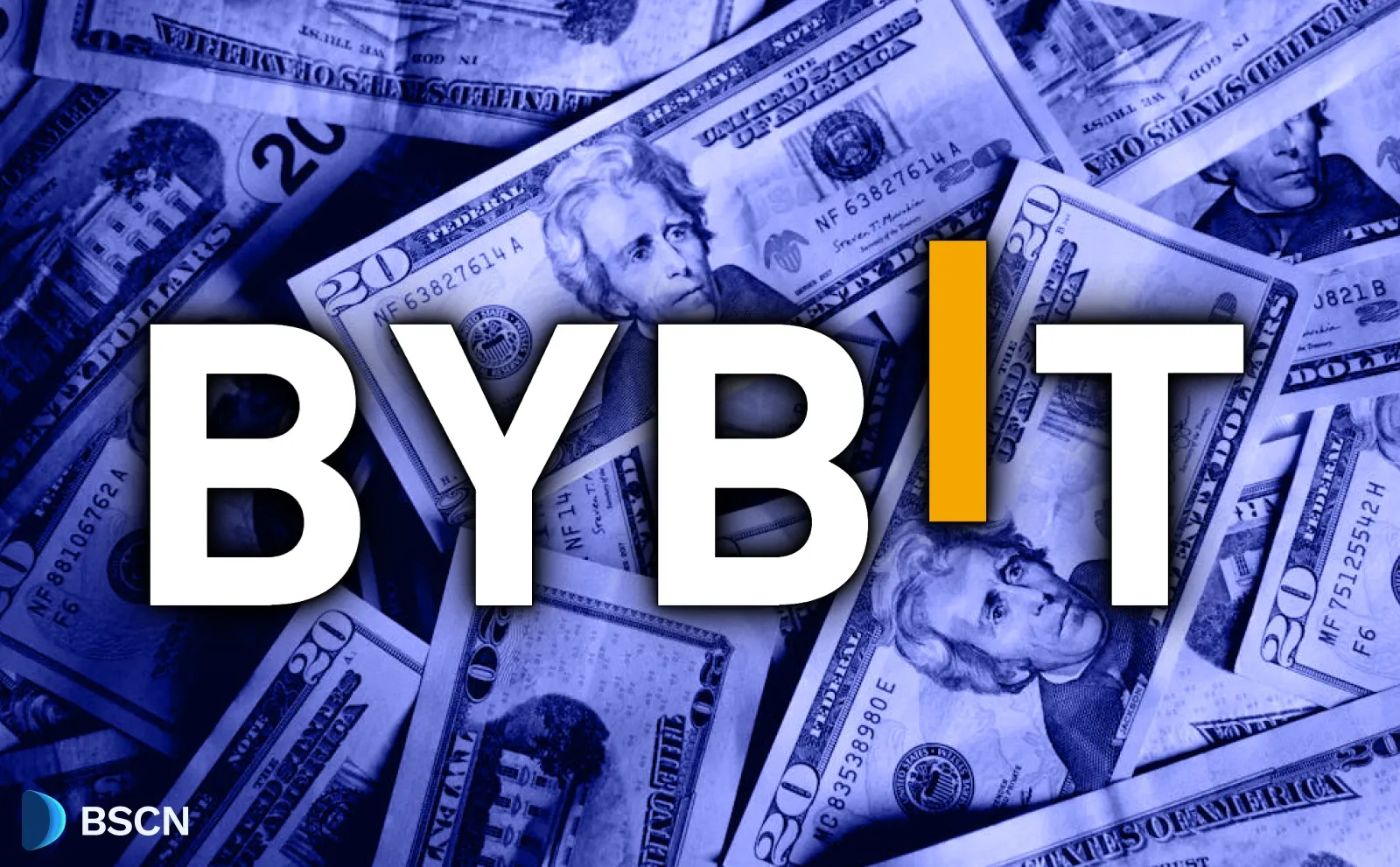Trump-linked WLFI Confirms User Wallet Compromises Before Launch

WLFI says a small number of user wallets were compromised by phishing before launch, prompting freezes, KYC checks, and controlled fund reallocations.
Soumen Datta
November 20, 2025
Table of Contents
Trump-linked World LibertyFi (WLFI) says a small number of user wallets were compromised by phishing before the project’s launch. The platform froze the affected wallets, verified ownership through KYC checks, and built new smart contract logic to reallocate funds safely. The team says the issue did not stem from WLFI’s systems but from third-party security lapses affecting individual users.
WLFI Confirms Wallet Compromises Before Launch
WLFI stated that “a relatively small subset of user wallets” had been compromised through phishing links and exposed seed phrases before the token went live. Per reports, these attacks are common across crypto and usually target users rather than protocols. WLFI emphasized that no platform infrastructure or smart contract was breached.
What WLFI Identified
- Attackers accessed user wallets before launch
- Causes included phishing sites, fake support channels, and mishandled seed phrases
- Impacted wallets were frozen in September
- WLFI verified ownership through KYC checks
- New smart contract logic was created to reallocate funds securely
- Reallocation is beginning for users who completed verification
The project said it chose to freeze wallets instead of rushing changes, arguing that secure handling of user funds was more important than a fast rollout. Users who did not complete KYC will remain frozen until they engage with the help center.
Wallet Freezes Trigger Larger Debate on Compliance
This incident resurfaced earlier concerns about WLFI’s approach to screening suspicious wallets. On September 6, TheStreet reported that WLFI had blacklisted 272 addresses shortly after launch. Some freezes were tied to on-chain behavior, not phishing.
WLFI’s pseudonymous security advisor, known as Ogle, discussed the reasoning in a Roundtable conversation.
Ogle said the project needed to maintain higher compliance standards compared to typical token launches, noting its political associations and public visibility.
He explained that wallets interacting with Tornado Cash or sanctioned entities cannot be ignored by a project connected to a former president.
Justin Sun’s Wallet Freeze Added Fuel to the Conversation
The story drew more attention after Justin Sun said his wallet containing WLFI tokens was frozen. The address had been flagged after a $9 million transfer. Sun argued on X that the freeze was “unreasonable” and that tokens should remain “sacred and inviolable.”
Sun said his transactions were simple exchange deposit tests and address rebalancing. He denied selling any WLFI. He had previously revived interest in the project with a $30 million investment in 2024, later raising his stake to $75 million.
WLFI later explained that 272 wallets were frozen to prevent harm while they investigated user-raised issues and third-party compromises. According to WLFI, the intention was to protect affected users, not to punish participants.
WLFI Points to External Wallet Vulnerabilities
WLFI’s public statement stresses that the root of the issue was not a problem with WLFI infrastructure. Instead, the attack vector came from:
- Phishing websites
- Fake support channels
- Poor seed phrase storage
- Users who shared keys to “support agents”
- Compromised devices or malware
These issues remain some of the most common reasons for wallet breaches, even for high-profile projects with large user bases.
WLFI froze the impacted wallets, prompted users to submit tickets, and required KYC checks to confirm identity before assigning new wallets. The platform then developed new smart contract tooling to handle bulk reallocations, which it says required extensive testing.
The team built and tested new smart contract logic to support large-scale reallocations. This reportedly required careful work to avoid errors, prevent misuse, and keep transactions fully traceable.
This approach led to delays but ensured that no funds were lost during reallocation. WLFI said safety was the priority, not speed.
WLFI’s Final Statement to Users
WLFI thanked users for their patience and reiterated that user protection remains the top priority. The project confirmed that:
- Reallocations will begin shortly
- Only wallets with completed verification are included
- Frozen wallets can still begin the process
- The issue did not arise from WLFI’s internal systems
The team said they are “proud to protect our community” and plan to maintain strict security and compliance safeguards.
Token Launch Activity and Market Movements
WLFI launched its token on September 1. Prices moved sharply in early trading, including a more than 15% drop on launch day across decentralized venues.
Momentum shifted once WLFI hit major exchanges.
Trading Activity on Binance
In the first hour on Binance alone, nearly $1 billion worth of WLFI traded hands. Pricing ranged between $0.24 and $0.30, close to earlier futures levels.
Trump Family Holdings
The Trump family holds 22.5 billion WLFI tokens out of a 100 billion supply. At the top launch-range price, this gave the stake a value exceeding $6 billion, according to the Wall Street Journal.
As of November 20, with WLFI trading at $0.14, the holdings are worth around $3.15 billion. These are locked governance tokens that provide voting rights and access to revenue from presales, reported at $400 million to $500 million.
WLFI Expands USD1 Stablecoin Presence on Solana
The wallet freeze issue emerged a few weeks after WLFI strengthened its position on Solana. WLFI partnered with Bonk and Raydium to expand usage of USD1, its Solana-based stablecoin.
What the Partnerships Introduced
- USD1 trading pairs on Bonk.fun
- New USD1 liquidity pools on Raydium
- Stablecoin-based launch options for token deployers
- Incentive rewards funded by WLFI for USD1 liquidity providers
Bonk.fun said the collaboration is part of “phase 2” of USD1 adoption, focusing on projects that launch on its memecoin platform.
Conclusion
WLFI says a small set of wallets were compromised by phishing before launch. The platform froze the affected wallets, verified ownership through KYC checks, and built new smart contract logic to reallocate funds. The steps were slow but controlled, and the project emphasized that no WLFI systems were breached. This incident unfolded alongside major developments in WLFI’s ecosystem, including high-volume token trading on Binance and rapid expansion of USD1 liquidity on Solana.
Resources:
World LibertyFi X platform: https://x.com/worldlibertyfi
Exclusive: Trump’s crypto project security advisor reveals major reason for 272 wallet blacklistings - report by The Street: https://www.thestreet.com/crypto/policy/exclusive-trump-crypto-project-advisor-reveals-major-reason-for-wallet-blacklistings
WLFI price action: https://coinmarketcap.com/currencies/world-liberty-financial-wlfi/
Read Next...
Frequently Asked Questions
What caused WLFI user wallets to be frozen?
WLFI froze a small number of wallets after identifying that they had been compromised by phishing attacks or exposed seed phrases before launch. The freeze helped prevent further loss while ownership was verified.
Did WLFI experience a platform or smart contract hack?
No. WLFI says the issue came from third-party security lapses affecting users, not from WLFI’s infrastructure or smart contracts.
How can users recover frozen funds?
Users must submit a ticket and complete KYC verification. WLFI will then reallocate funds to a secure new wallet using updated smart contract logic.
Disclaimer
Disclaimer: The views expressed in this article do not necessarily represent the views of BSCN. The information provided in this article is for educational and entertainment purposes only and should not be construed as investment advice, or advice of any kind. BSCN assumes no responsibility for any investment decisions made based on the information provided in this article. If you believe that the article should be amended, please reach out to the BSCN team by emailing [email protected].
Author
 Soumen Datta
Soumen DattaSoumen has been a crypto researcher since 2020 and holds a master’s in Physics. His writing and research has been published by publications such as CryptoSlate and DailyCoin, as well as BSCN. His areas of focus include Bitcoin, DeFi, and high-potential altcoins like Ethereum, Solana, XRP, and Chainlink. He combines analytical depth with journalistic clarity to deliver insights for both newcomers and seasoned crypto readers.
Crypto Project & Token Reviews
Project & Token Reviews
Comprehensive reviews of crypto's most interesting projects and assets
Learn about the hottest projects & tokens





